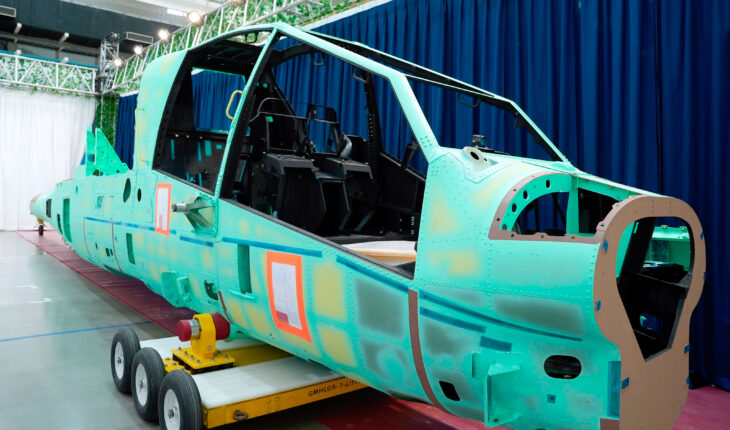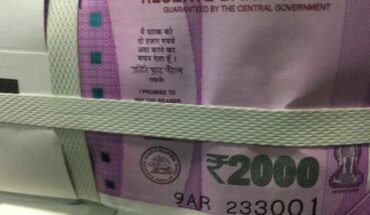Bengaluru : Boeing is starting production of the Indian Army’s Apaches in Mesa, Arizona. The company will deliver a total of six AH-64E Apaches fulfilling the Indian Army’s requirements according to company statement here today.
Earlier this year, Tata Boeing Aerospace Limited (TBAL) delivered the Indian Army’s first AH-64 Apache fuselage from its advanced facility in Hyderabad, India.
“We are pleased to reach yet another significant milestone, highlighting Boeing’s unwavering commitment to support India’s defense capabilities,” said Salil Gupte, president, Boeing India. “The advanced technology and proven performance of the AH-64 will enhance the Indian Army’s operational readiness and strengthen its defense capabilities.”
In 2020, Boeing completed delivery of 22 Indian Air Force E-model Apaches and signed a contract to produce six AH-64Es for the Indian Army. The delivery of the Indian Army’s Apaches is scheduled for 2024.
“The AH-64E continues to be the world’s premier attack helicopter,” said Christina Upah, vice president of Attack Helicopter Programs and senior Boeing Mesa site executive. “The AH-64 provides customers with unparalleled lethality and survivability, and we are thrilled to provide those capabilities to the Indian Army.”
Boeing is focused on delivering value to Indian customers with advanced technologies and is committed to creating sustainable value in the Indian aerospace sector – developing local suppliers, and shaping academic and research collaborations with Indian institutions. Boeing has strengthened its supply chain with more than 300 local companies in India and a joint venture to manufacture fuselages for Apache helicopters and vertical fin structures for the 737 family of airplanes. Annual sourcing from India stands at over $1 billion. Boeing currently employs over 5,000 people in India, and more than 13,000 people work with its supply chain partners. Boeing’s employee efforts and country-wide engagement serve communities and citizenship programs to inspire change and make an impact on more than 500,000 lives.






